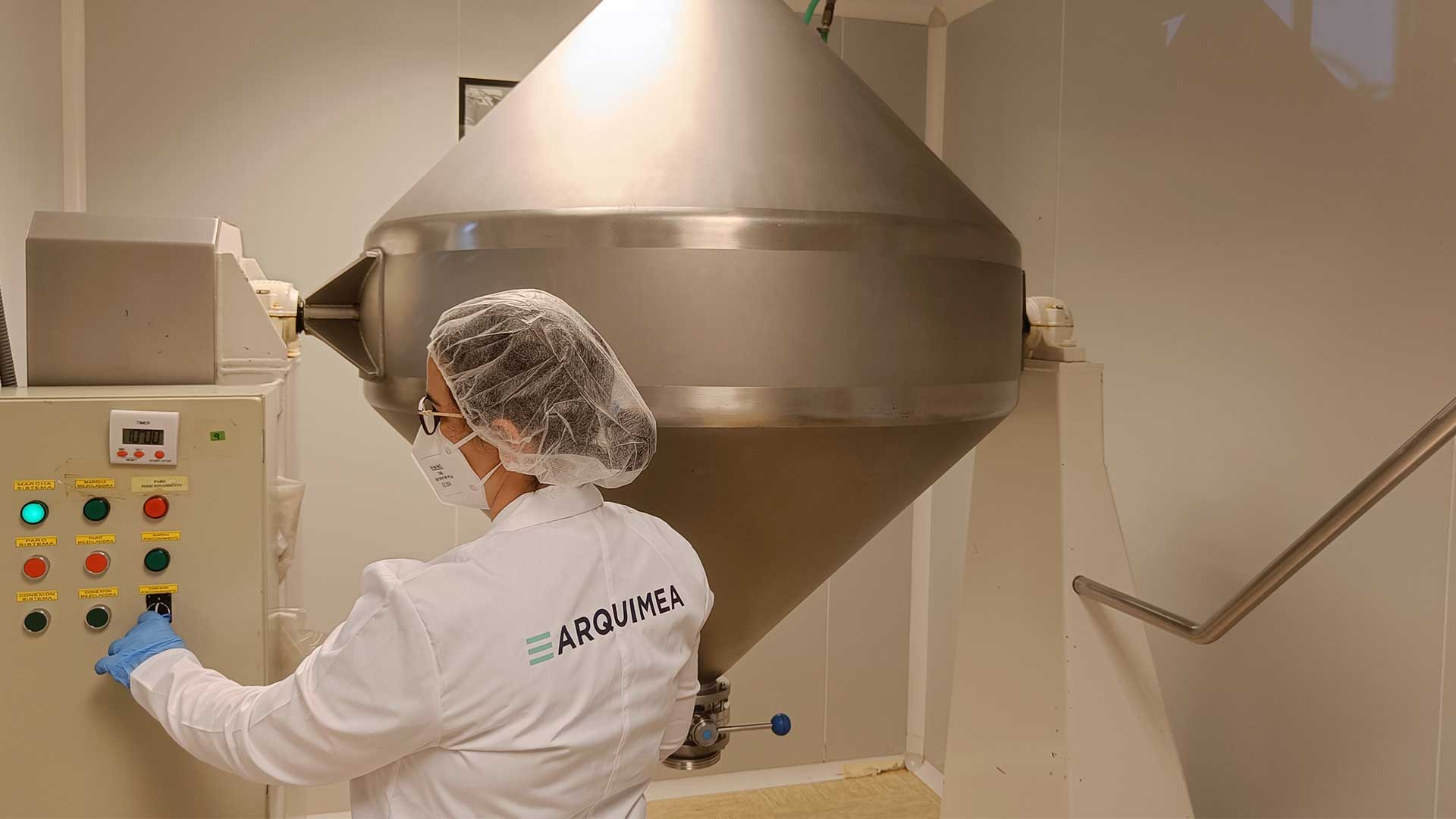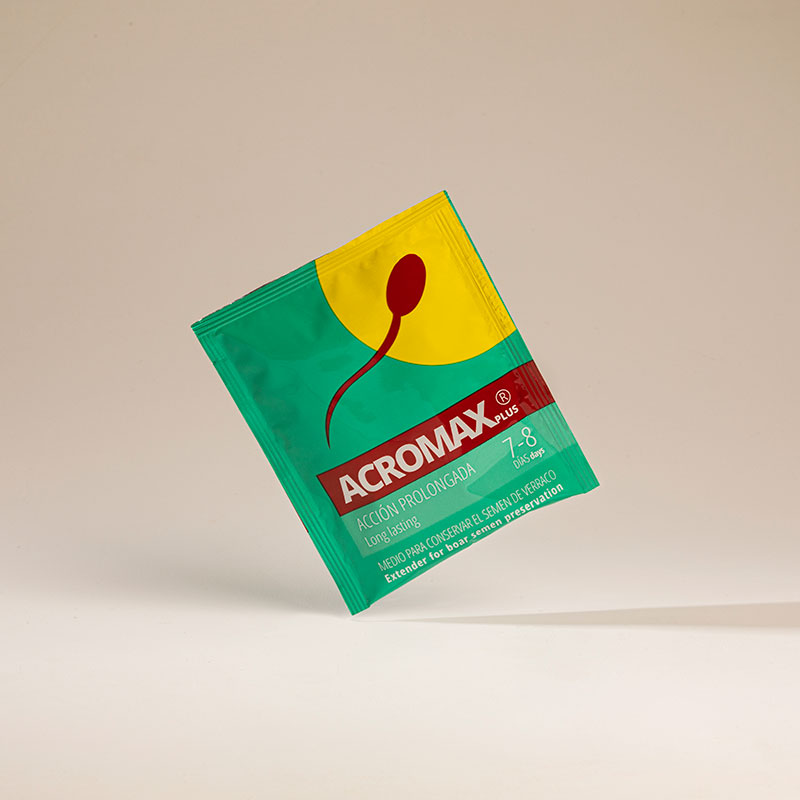- Sectors
- Aerospace & Defense
- Big science
- Biotechnology
- Fintech
- Work at ARQUIMEA
- Insights

In the context of animal reproduction, preserving semen quality over time is crucial to ensure the success of the reproductive process. When diluting semen in a formulation designed to protect it during transport and storage, it is critical to ensure that the fertilizing capacity of the sperm is preserved. Therefore, the formulation of the semen extender will have a direct impact on fertility outcomes.
Faced with this challenge, ARQUIMEA, together with the Spanish National Research Council (CSIC), set the goal of improving the formulation of its long-acting semen extender: ACROMAX. The great challenge was to design a formula that would preserve the fertilizing capacity of the sperm for a longer period of time and therefore provide better fertility results in the field.
In recent times, cellular metabolism analysis technology has undergone significant advances, becoming much more accessible and allowing real-time detection of changes in cellular energy consumption.
Using these cutting-edge technologies, ARQUIMEA and CSIC carried out a detailed characterization of sperm metabolism. The objective was to preserve the fertilizing capacity of spermatozoa for longer periods, so they evaluated several semen extenders with variations in composition and concentration of sugars.
These components, beyond their function as an essential energy source during preservation, play a crucial role in maintaining the osmotic pressure of the medium, a determining factor in preserving the integrity of the cell membrane.
The results of the project not only provided a wealth of information for adjusting the concentration of the various semen extender components, but also subjected these new formulations to an additional series of tests to evaluate their efficacy:
During a period of 8 days, which is the maximum duration contemplated for the use of the semen extender, all these evaluations were carried out. Those formulations that demonstrated the best results were selected for field testing by inseminations.
Based on the results of both the in vitro and field tests, an index was developed for each diluent, taking into account all relevant variables.
ARQUIMEA, together with CSIC, identified membrane quality and acrosome integrity as the most crucial factors to obtain better fertility results. Therefore, they developed a formula that prioritized membrane vitality and acrosome integrity after dilution over other aspects.
As a result, ARQUIMEA reformulated ACROMAX, its long-acting semen extender based on this fundamental premise. This is how ACROMAX PLUS was born, a semen extender capable of maintaining membrane integrity for a longer period of time and, consequently, obtaining better fertility results.
